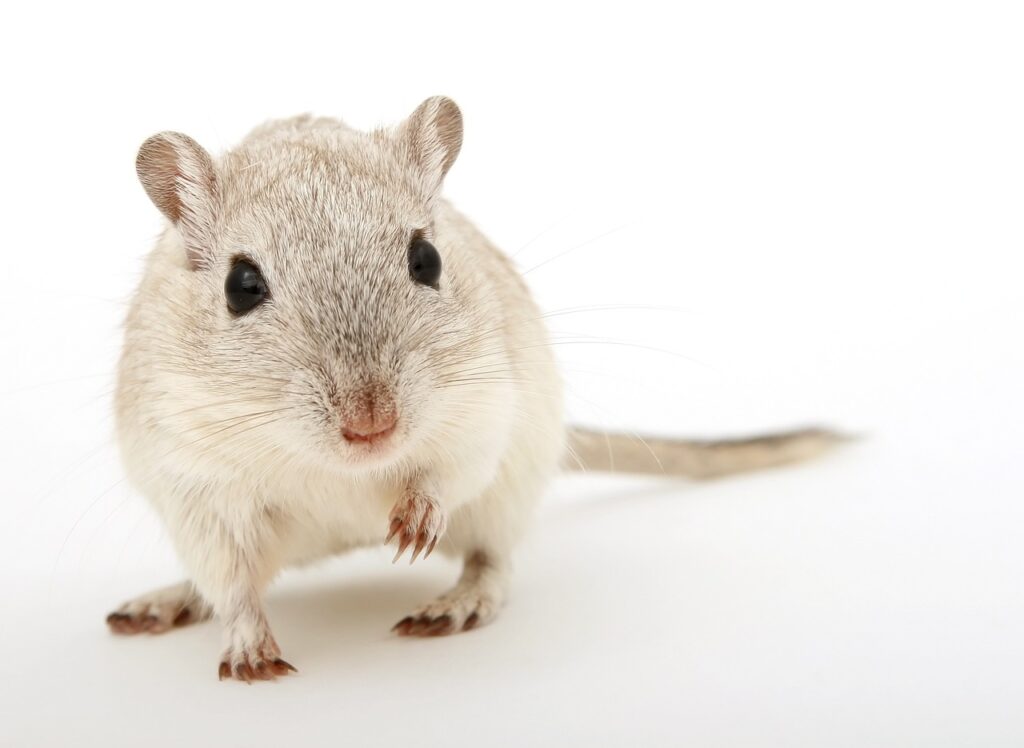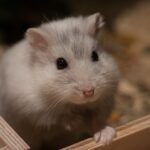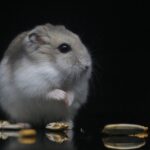Can Hamsters Eat Plums? — Expert Opinion and Analysis
Hamsters are adorable little creatures that bring joy to our lives. As responsible pet owners, we constantly strive to provide the best care for our furry friends, including their diet. You may have wondered, can hamsters eat plums? In this article, we will explore this question and provide you with valuable insights backed by our expertise. So, let’s dive in and shed light on whether plums are suitable for your beloved hamster.
Health Boosts for Hamsters Consuming Plums
When it comes to the health benefits, plums can contribute positively to your hamster’s well-being. These delightful fruits are packed with essential nutrients, vitamins, and dietary fiber.
Vitamin C, an important nutrient for overall immune system support, can be found in plums. It helps in maintaining a strong immune system, protecting your hamster from certain diseases and infections.
Another significant advantage of plums is their high fiber content. Fiber aids in proper digestion and prevents constipation, a common issue in hamsters. By incorporating plums into your hamster’s diet, you can help maintain a healthy digestive system.
Feeding Recommendations for Hamsters
While plums can be a healthy addition to your hamster’s diet, it is crucial to provide them in moderation. Too much of any food can pose health risks and imbalance their overall nutritional intake.
We recommend offering plums as an occasional treat, approximately once or twice a week. Aim to provide a small, bite-sized piece to prevent overindulgence. It’s essential to maintain a balanced diet by including other fruits, vegetables, and proper hamster feed that cater to their specific nutritional requirements.
Potential Cautions to Keep in Mind
Although plums offer several nutritional benefits, certain precautions must be considered. One critical aspect is to avoid giving your hamster plum pits. The pits can present a choking hazard, and the toxins within them could be harmful to your furry friend.
It’s also essential to ensure that the plums you provide are fresh and of high quality. Avoid feeding your hamster spoiled or rotten plums, as they can cause digestive issues and expose them to harmful bacteria.
Can Other Pets Enjoy Plums Safely?
While plums are generally safe for hamsters to consume in moderation, it’s important to note that not all pets can enjoy this fruit. Certain animals, such as dogs, can safely consume plums, but cats should avoid them due to potential digestive disturbances.
Always refer to professional veterinary advice or conduct thorough research to ensure the safety of any food item for your specific pet.
Conclusion
In conclusion, hamsters can indeed enjoy plums as an occasional treat, considering a few important guidelines. Plums provide health benefits such as immune system support and aiding digestion due to their vitamin C and fiber content. However, caution must be exercised while feeding plums, focusing on moderation, avoiding pits, and ensuring freshness.
Remember, responsible and balanced feeding is essential for the overall well-being of your beloved hamster. Prioritize their specific dietary needs and consult a veterinarian if you have any concerns or questions regarding your hamster’s diet. So go ahead, spoil your hamster with a small, delicious piece of plum, and watch them savor the taste while keeping their health in check!






